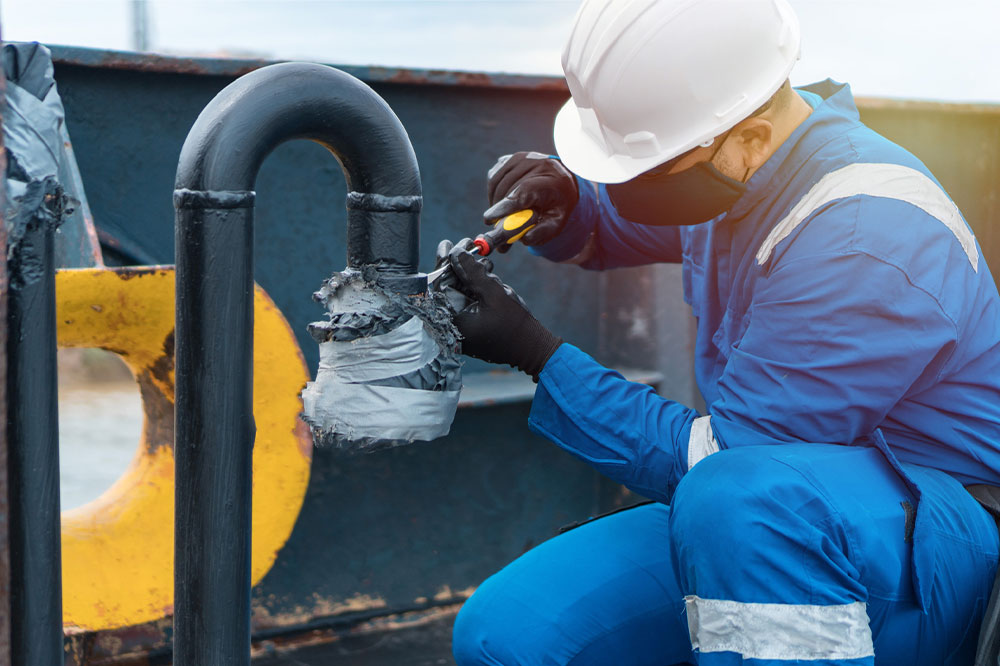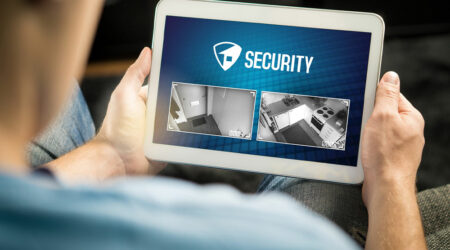
Useful devices and jobs in the marine electronics industry
The seas are an enchanting space. Ships, yachts, submarines, and other vessels regularly scout them for research or tourism. These floating machines use loads of electronic equipment, known as marine electronics, for safety and efficiency. And operating them requires special knowledge and skill. This post lists a few standard marine electronics systems, from multifunctional displays to radios and sensors, and discusses some lucrative jobs in the industry one can consider pursuing.
Marine electronics devices
Here are a few common technologies and devices used in ships, boats, yachts, and other marine vessels:
- Multifunction displays
Multifunction displays, or MFDs, are infotainment units that help sailors control the functions of the marine vehicle. Earlier, marine displays had limited use; they would only work as marine navigation systems, showing the ship’s coordinates at sea. Today, they are the central hub for communication, video playback, stereo sound connectivity, and other infotainment needs. Depending on the model, the MFD could come with buttons for operation or be an all-encompassing touchscreen. Most people aspiring to enter the field of marine electronics and work on a ship are trained to use the system effortlessly. - VHF radio
Sea vessels are surrounded by water for miles, with no buildings, vehicles, and public settlements nearby. So, they must frequently communicate with their team on land, assuring them about their safety and updating them about the voyage’s progress. This makes a radio critical onboard a boat, yacht, or ship. VHF radios, or very high frequency radios, can transmit messages clearly and quickly. Primarily regarded as safety or precautionary marine electronics products, they are mounted on a boat’s electronics console or in the super-important electronics box. VHF radios help sailors communicate with other vessels, too. Law enforcement officials can also use this device to track down other boats for legal purposes. - Battery monitoring sensor
This is yet another lifesaving device when exploring the vast ocean. A battery monitoring sensor helps sailors track their boat’s battery level and health and detect issues. In doing so, it keeps the boat moving in the water. Earlier, people would consider such sensors an add-on feature, but they are now accepted as necessary systems. Some argue that a voltmeter is enough to monitor the battery’s health. One must note that a monitoring sensor detects malfunctions in real time to help experts onboard remedy any battery issues without wasting time.
Marine electronics jobs
Those interested in this field can pursue various jobs. While we have listed two positions below, individuals can visit marine electronics news websites and job portals for information on other roles:
- Marine coordinator
A marine coordinator is a bridge between the sailors on the ship and the team onshore. They closely track the vessel’s movements to ensure safety and update the onshore team on their progress. In that sense, the marine coordinator has a challenging job of keeping communication intact. Apart from the requisite educational degrees, these professionals must have excellent communication skills, knowledge of all onboard electronics and emergency protocols, and extensive experience in marine travel. - Marine engineer
Marine engineers operate and maintain the mechanical and technical systems in marine vessels. They may be sent into action if a marine electronics component needs repairs.




